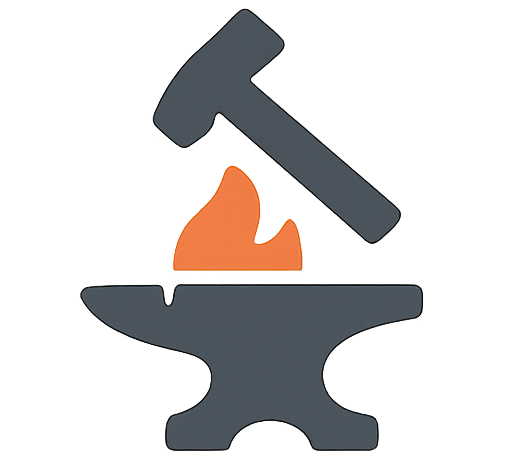1 Ultimate YAML to JSON Converter for Flawless Data Transformation
Convert your human-readable YAML data into the widely-used JSON format. Paste your YAML to get a structured JSON output with our powerful and free online tool.
Table of Contents
- What is a YAML to JSON Converter?
- Why a YAML to JSON Converter is an Essential Developer Tool
- How to Use Our YAML to JSON Converter
- Understanding YAML vs. JSON: A Quick Comparison
What is a YAML to JSON Converter?
A YAML to JSON converter is a powerful tool that translates data written in YAML (YAML Ain’t Markup Language) into JSON (JavaScript Object Notation). Our free online YAML to JSON converter makes this process seamless, allowing developers and data analysts to switch between these two popular data serialization formats. YAML is known for its human-readable syntax, which uses indentation to represent data structure, making it a favorite for configuration files. JSON, on the other hand, is the de facto standard for APIs and web services due to its widespread support in programming languages.
The core purpose of a YAML to JSON converter is to bridge the gap between these two formats. While a human might prefer to write a configuration file in clean, comment-friendly YAML, an application will almost always need to parse that data in the more structured JSON format. Our tool handles this conversion instantly and accurately, preserving the data’s structure, including nested objects and arrays. This makes our YAML to JSON converter an indispensable utility for any modern development workflow.
Why a YAML to JSON Converter is an Essential Developer Tool
Using a high-quality YAML to JSON converter is a critical step in many development and DevOps pipelines. It’s a utility that saves time and prevents common errors. Here are 5 powerful reasons why you need this tool:
- Configuration Management: Many popular tools, like Docker and Kubernetes, use YAML for their configuration files because it’s easy for humans to read and write. However, these systems often process the data as JSON internally. A YAML to JSON converter is perfect for validating or transforming these configurations.
- API Development and Testing: When working with APIs that accept JSON, it’s often easier to write complex test data in YAML first. You can then use a converter to quickly get the JSON payload you need for your tests.
- Data Transformation Pipelines: In data processing, it’s common to receive data in various formats. This tool provides a simple way to standardize any incoming YAML data into the more universally compatible JSON format.
- Debugging and Validation: YAML’s syntax can sometimes be tricky with its reliance on indentation. Converting your YAML to JSON can be a quick way to validate its structure and catch any parsing errors before they cause problems in your application.
- Interoperability: While YAML is popular, JSON has near-universal support across all programming languages and platforms. A YAML to JSON converter ensures your data can be used in any environment. For a deeper dive into the YAML specification, the official YAML website is an excellent external resource.
How to Use Our YAML to JSON Converter
Our YAML to JSON converter is designed to be fast and straightforward. Here’s how to get your converted data in seconds:
- Paste Your YAML: Enter your YAML code into the input box on the left.
- See the JSON Instantly: The tool will automatically convert your YAML and display the perfectly formatted JSON in the output box on the right.
- Copy Your Result: Click the copy button to grab the JSON for use in your projects. If you need to convert to another format, like CSV, try our JSON to CSV Converter.
Understanding YAML vs. JSON: A Quick Comparison
While our YAML to JSON converter makes switching between the two formats easy, it’s helpful to understand their key differences. **YAML** prioritizes human readability. It uses indentation and a minimal syntax, which makes it look clean and feel more like a document. It also supports comments, which is a huge advantage for configuration files where you might want to explain certain settings.
**JSON**, on the other hand, is more verbose and stricter in its syntax, using curly braces for objects and square brackets for arrays. While it’s less readable for humans, its structure is unambiguous and easy for machines to parse quickly. This has made it the dominant format for data exchange on the web. A YAML to JSON converter gives you the best of both worlds: the readability of YAML for writing and the machine-friendliness of JSON for processing.
